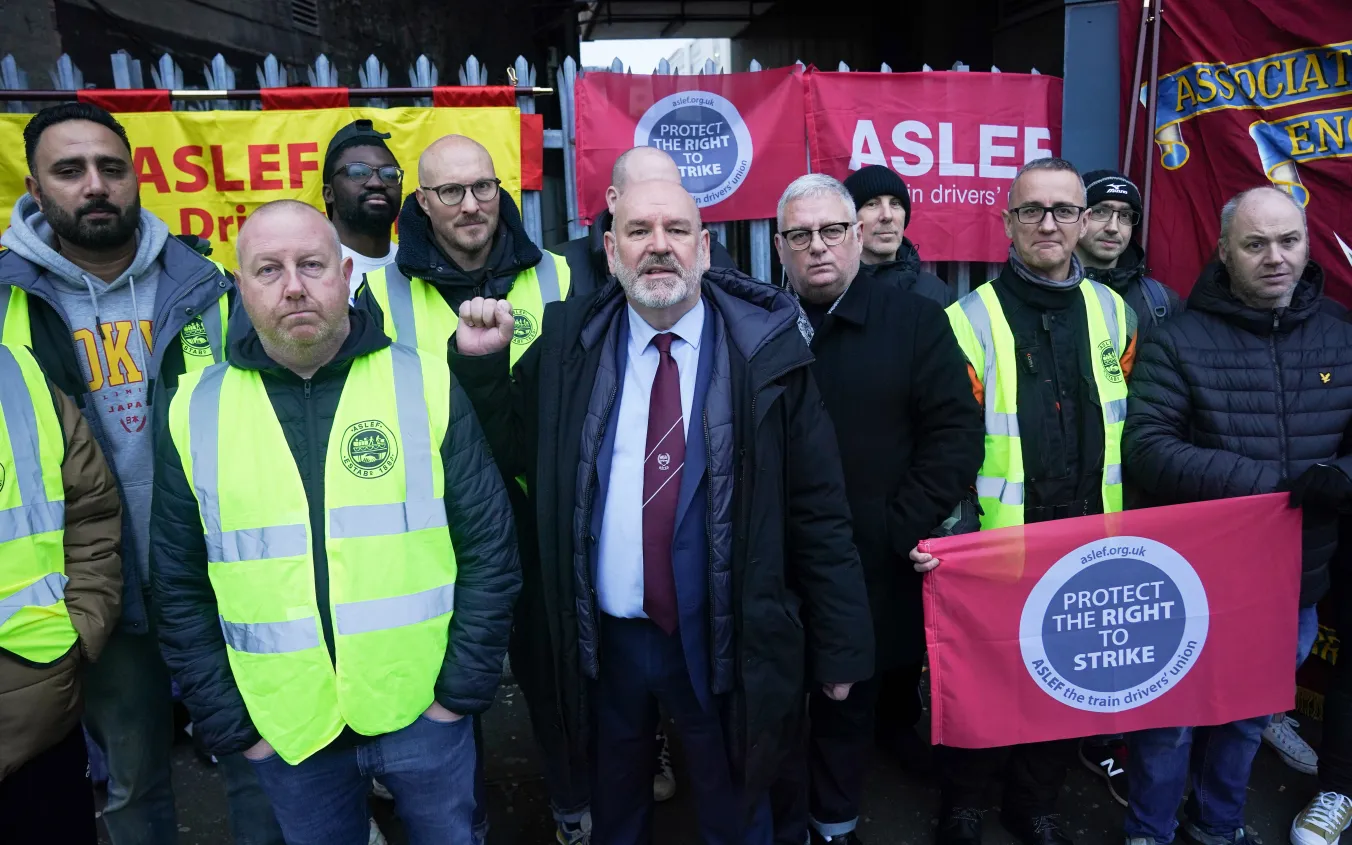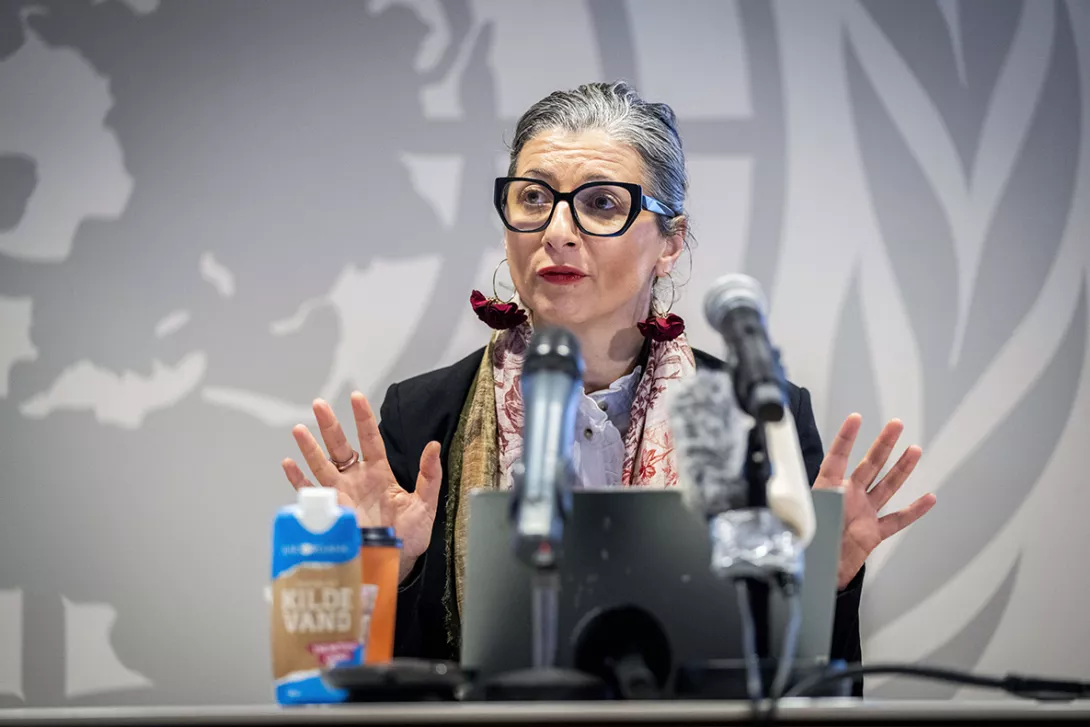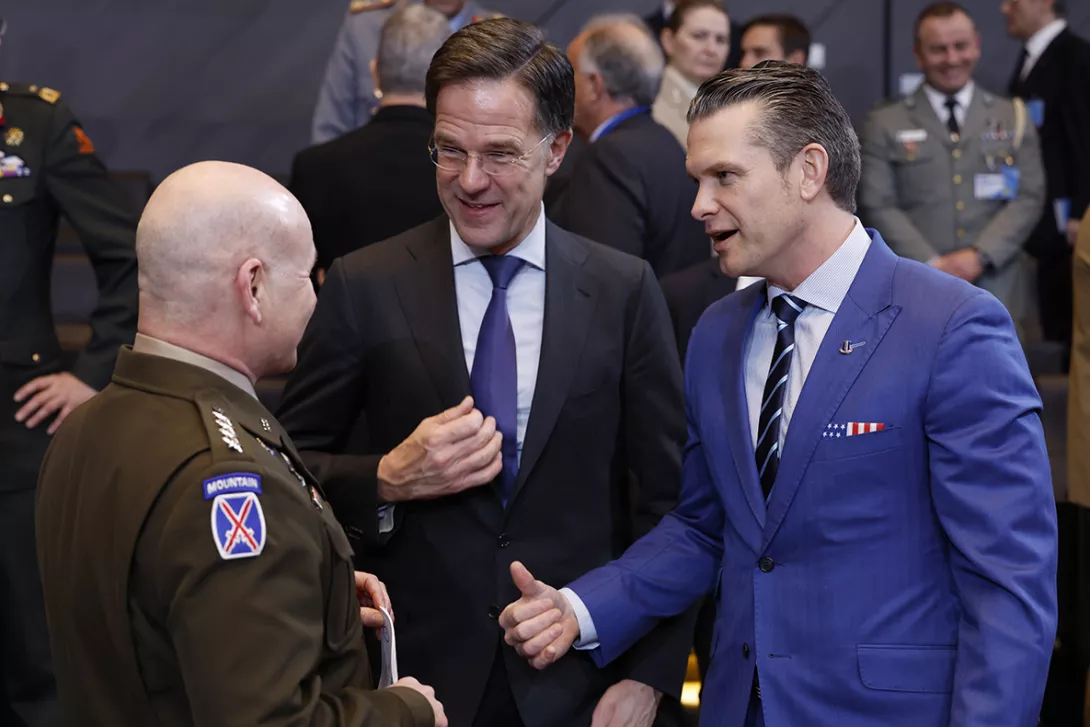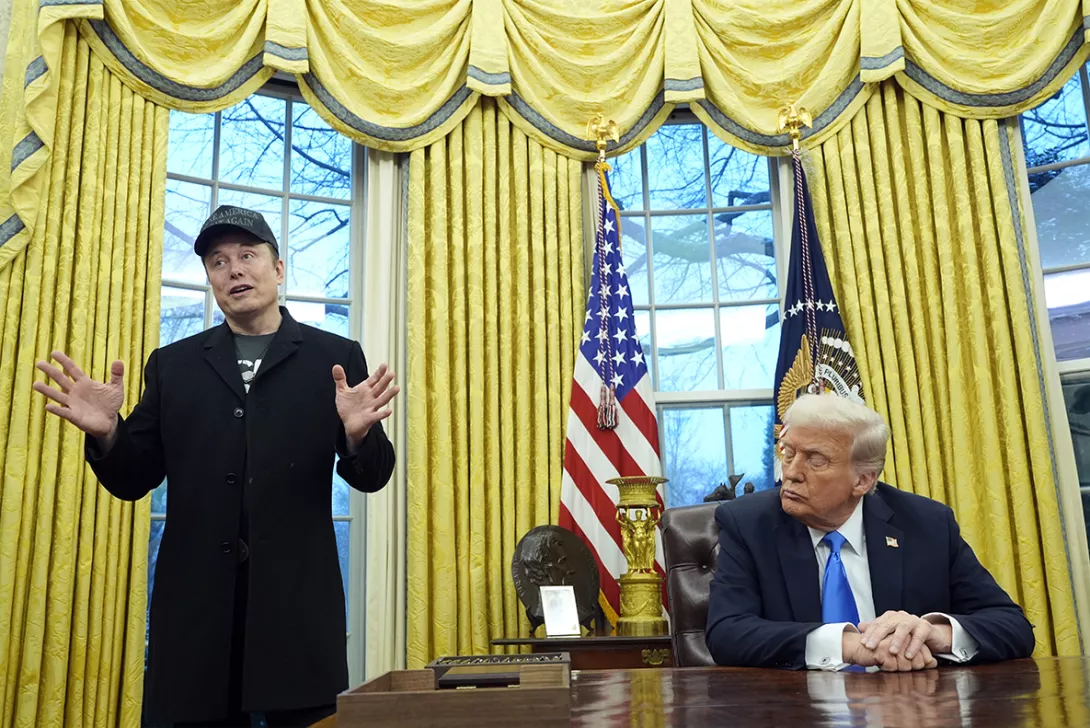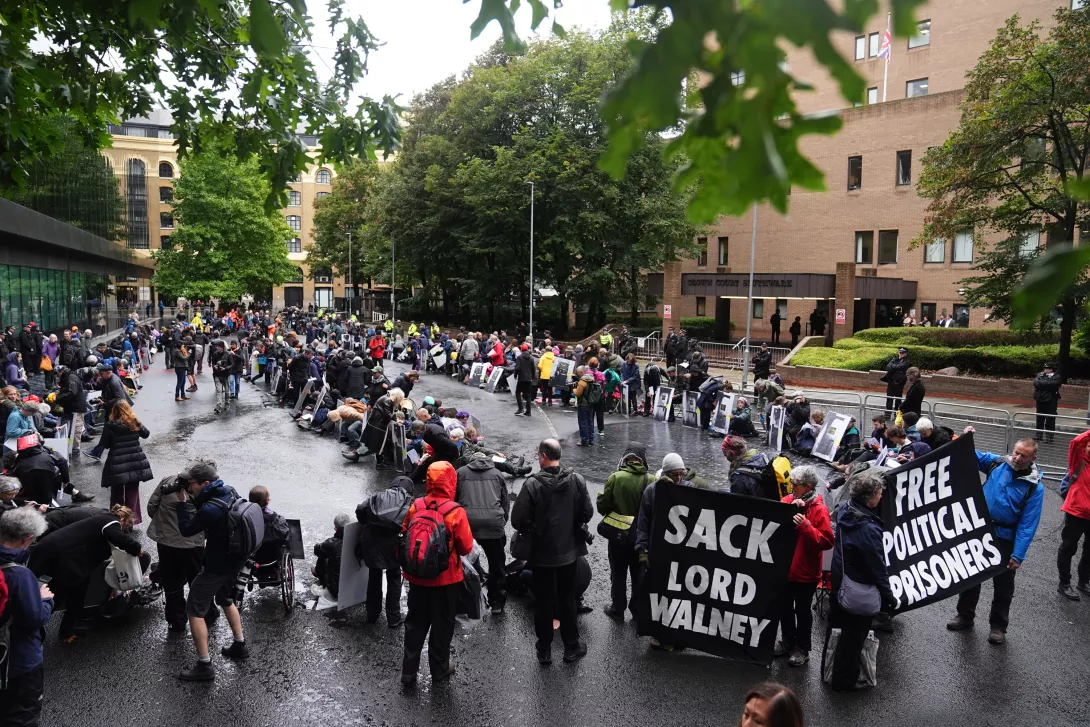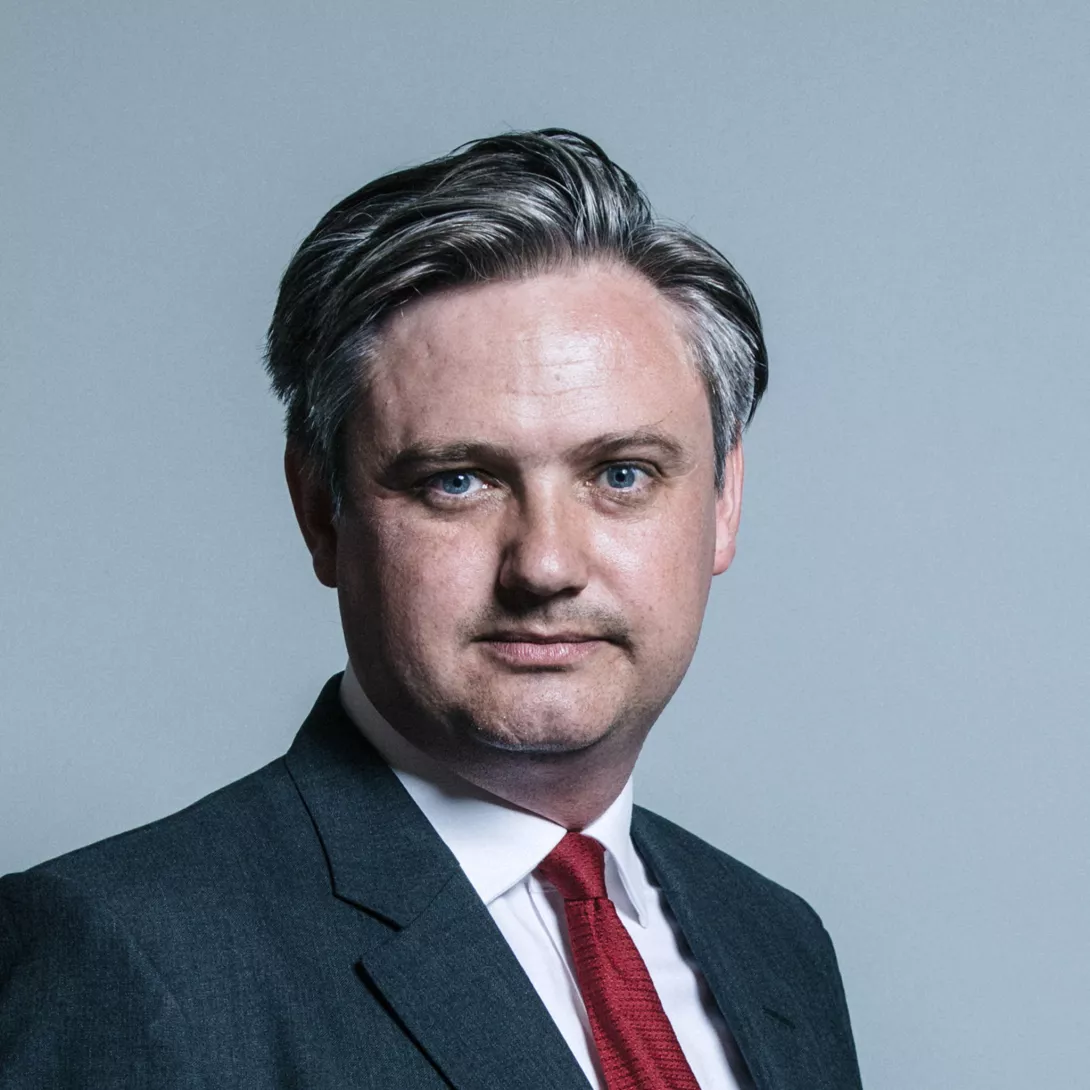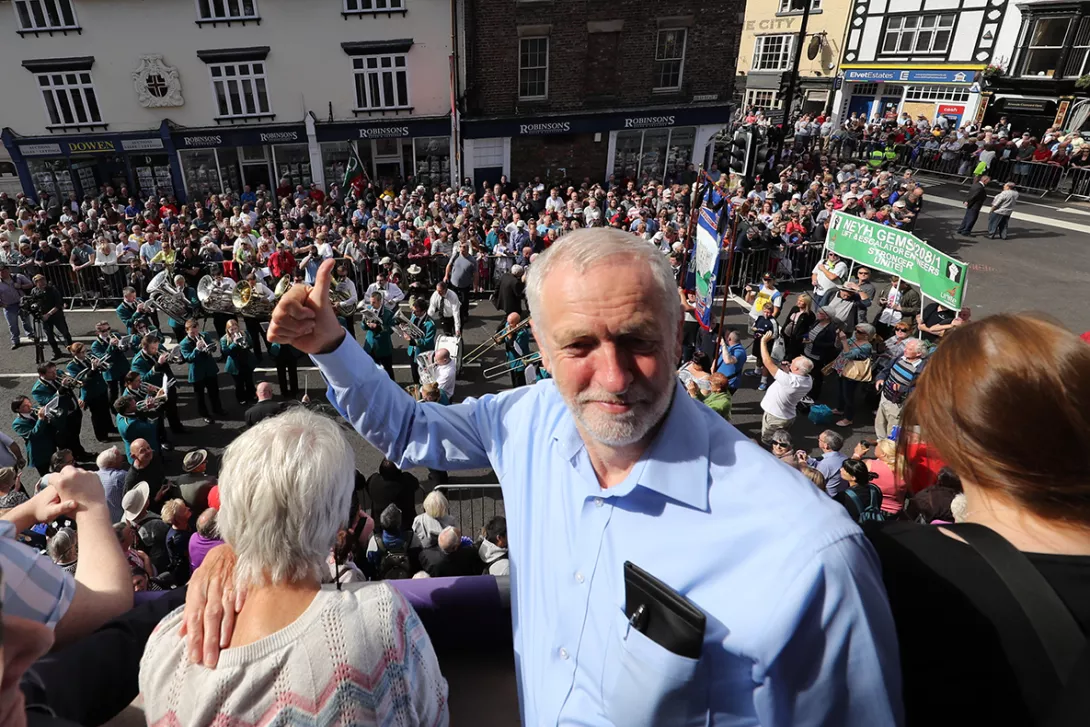
TWO former Labour MPs presented two different visions for the future of British politics over the weekend.
One is the cross-bench peer Lord Walney, who was plain John Woodcock before his ennoblement for turning his coat to campaign for Boris Johnson to become prime minister in 2019, a decision driven by his wild hatred of Jeremy Corbyn.
The “independent adviser on political violence” appointed by the last Tory government advised it to introduce sweeping restrictions on democratic rights, including by banning protests outside Parliament, MPs’ offices and council chambers. This was to counter the supposed intimidation of MPs by demonstrators for a ceasefire in Gaza.
Now he alleges co-ordinated intimidation of parliamentary candidates during the general election, asking Home Secretary Yvette Cooper to launch a probe which will no doubt allow him to recommend yet more measures to insulate the political elite from contact with ordinary people.
Threats of violence must always be taken seriously, and some non-violent heckling of parliamentary candidates was of an unpleasant character.
But ensuring the safety of public figures must not be an excuse — which for Lord Walney it is — to throw up barriers between politicians and the people they are supposed to represent.
Interviewed by the Morning Star during the Miners’ Gala, Durham Miners’ Association president Stephen Guy mentions that the new North Durham MP — Luke Akehurst — felt unable to attend some hustings because of the hostility of the local community. No doubt Akehurst would claim he feared intimidating behaviour from “extremists.” In reality, local anger was understandable given a Labour apparatchik from Oxford was imposed undemocratically on a community he knows nothing about, a clear example of Labour taking voters for granted despite mounting evidence that it is very unwise to do so.
The arrogance of MPs who feel being held publicly to account by constituents for the political choices they make is clear too in interviews with those who lost seats blaming the Palestine solidarity movement (rather than Labour’s support for Israeli genocide) for their fate. Jonathan Ashworth’s sour grapes include claims that the independent MP who defeated him, Shockat Adam, has “serious questions to answer” about his “association” with a local man facing allegations of encouraging terrorism and supporting a proscribed organisation — when this association appears to consist solely of Majid Novsarka posting on social media in support of Adams’s campaign, with no suggestion Adams has any link to him.
What a contrast is provided by the vision of the other ex-Labour MP to make a political intervention over the weekend — Corbyn himself.
Drawing on the deep-rooted local support, including from places of worship, campaigns and community centres, that powered his election as independent MP for Islington North, Corbyn has announced monthly “people’s forums” at which locals will be able to talk to him and make demands, “a shared democratic space for local campaigns, trade unions, tenants’ unions, debtors’ unions...”
Where Lord Walney wants to ensure the only people with access to politicians are carefully vetted (or corporate lobbyists), Corbyn plans a continuous process of democratic engagement that will ensure he acts with and for the area he represents.
It is a model other MPs should look to emulate, whether or not they are independent. The gulf between rulers and ruled was evident in the lowest general election turnout since women won the vote, and a landslide majority for a government backed by just one in five of the electorate.
That’s bad for democracy — and worse, as Guy warns — it feeds a lack of trust which drives support for the likes of Reform UK. Our problem with political extremists will only grow if MPs follow Lord Walney’s advice and start to view contact with the public as dangerous.
Labour says it will devolve power from the centre — but the democratic renewal Britain needs starts at community level.
